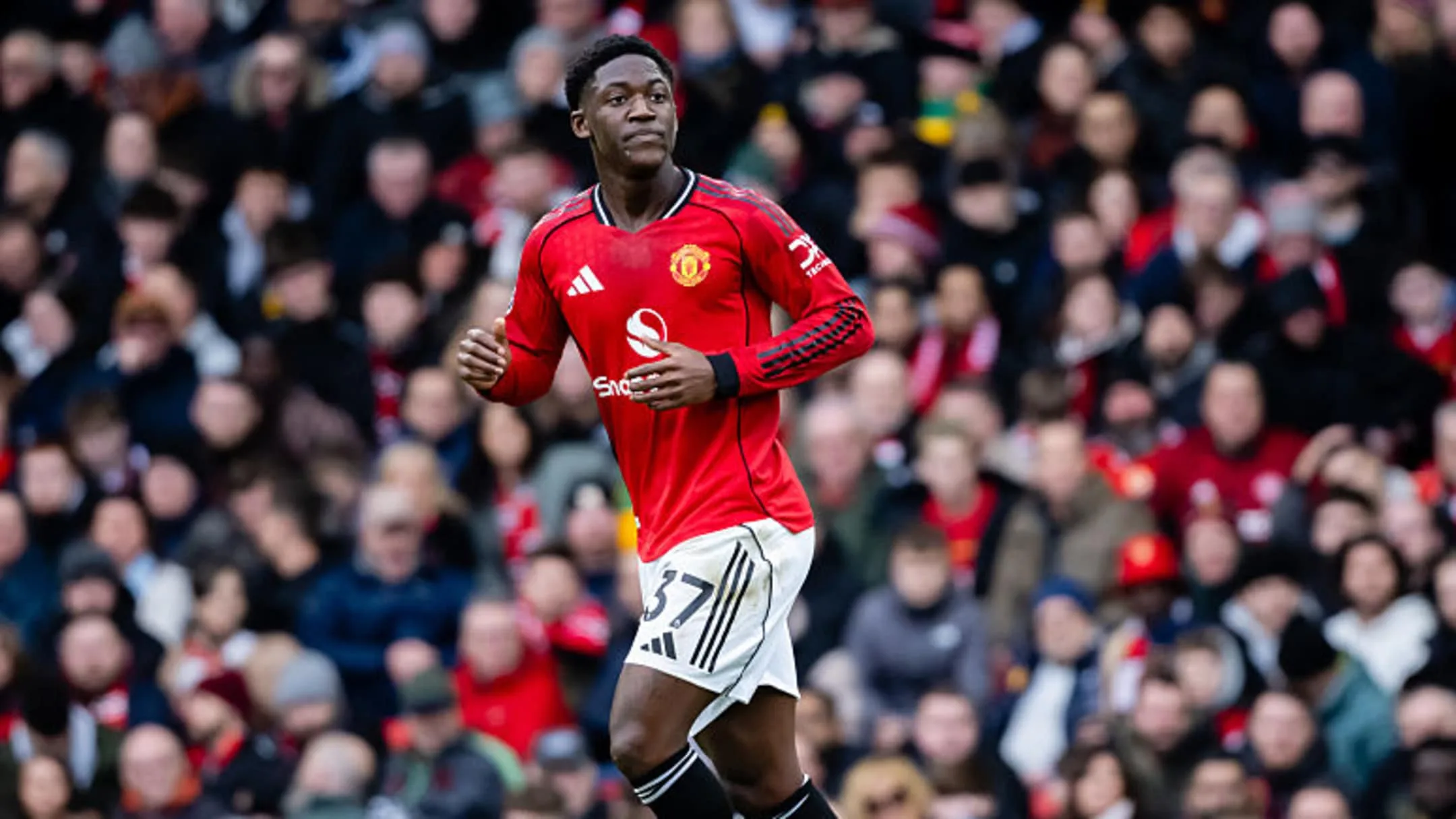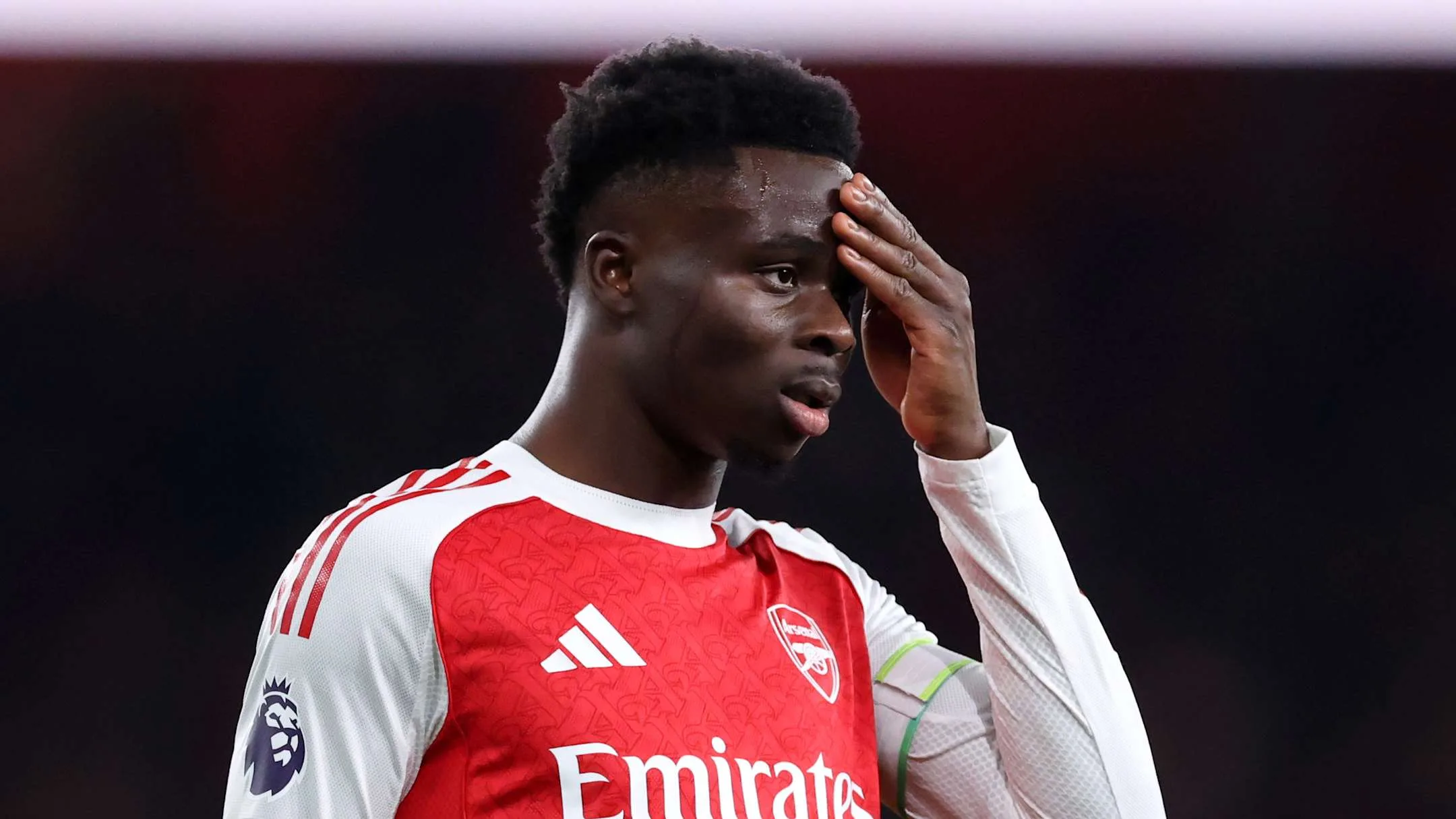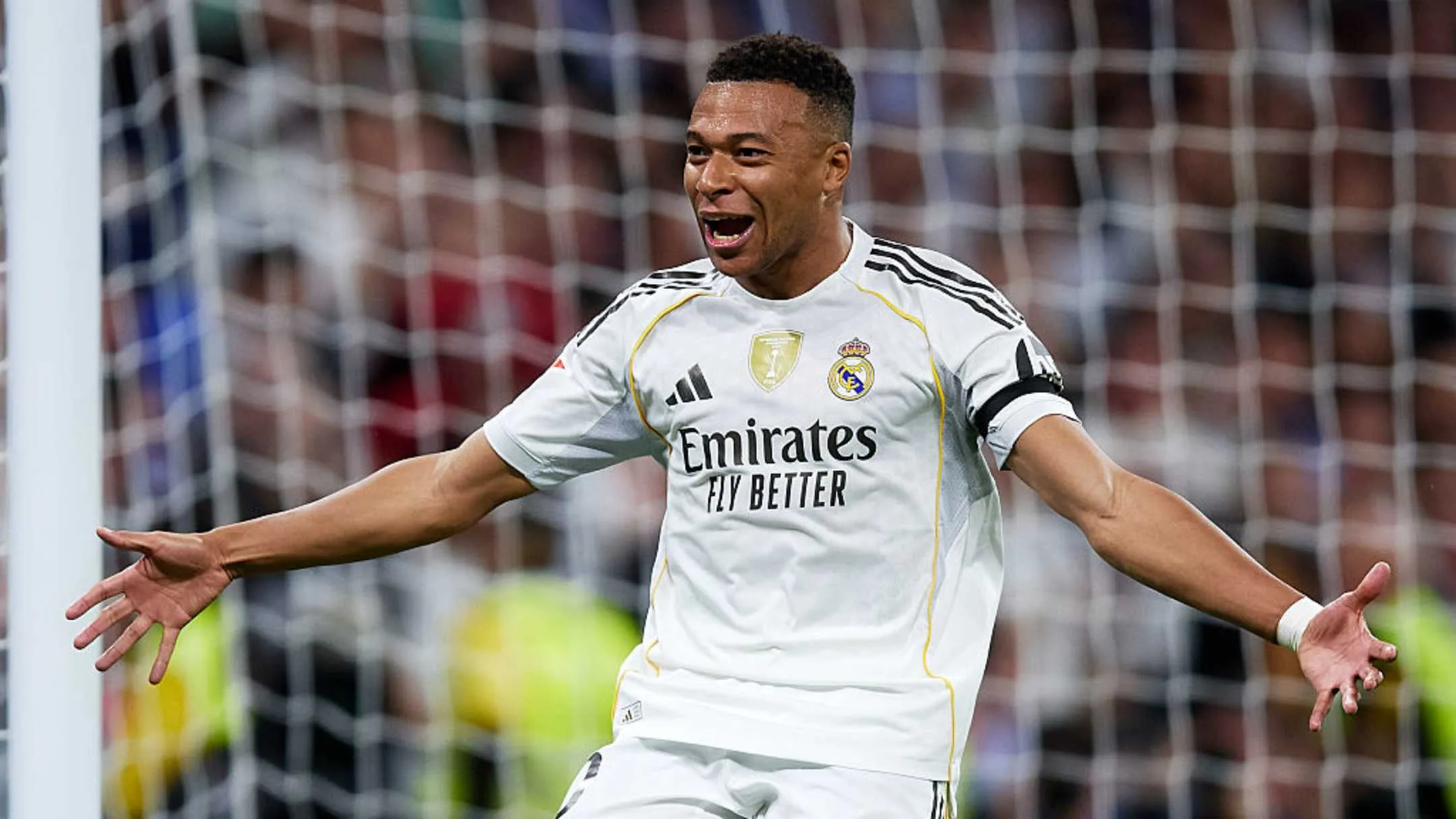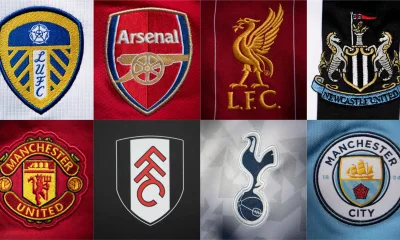Analytics & Stats
How Alexander Isak’s Transfer Played Out and Chelsea’s Summer Business
Isak prioritised Liverpool over Chelsea, prompting deadline-day transfer after months of interest…

Chelsea opened talks over Alexander Isak early in the summer transfer window, but those approaches failed as the striker made clear his preference for Liverpool, sources reported. Isak is believed to have been looking to leave Newcastle as far back as April, and the Daily Mail claim Chelsea made contact to gauge his interest.
The Blues were active in the early weeks of the window. Liam Delap joined from Ipswich Town for £30 million on June 4, one month before João Pedrom, ironically a target for Newcastle, completed a £60 million switch from Brighton & Hove Albion. Chelsea also spoke to Isak’s representatives, who communicated that the Sweden striker was holding out for a move to Liverpool.
The Athletic claim Liverpool were first alerted to Isak’s interest in moving to Anfield in May. Complications around the sheer size of the deal meant the club proceeded with caution. It is stressed that Isak’s “mood changed” after Liverpool signed Hugo Ekitiké, himself another target for Newcastle, as the 25-year-old recognised he would need to add pressure on the Magpies.
Isak’s controversial actions ultimately saw him granted his wish as he sealed a record-breaking move to Liverpool on Deadline Day. He could make his debut for his new side as early as September 14, away at Burnley.
For Chelsea there will naturally be disappointment at missing out on a striker of Isak’s calibre. Club officials can, however, point to the additions they did secure. Pedro has five goals and two assists in his first six games for the club, while Delap also caught the eye before being struck down by injury before the international break.
Analytics & Stats
Neville Criticises Amorim as Mainoo Rises in Carrick’s Midfield Plan
Neville slams Amorim’s handling of Mainoo as Carrick’s system brings midfield balance for United plus

Gary Neville used blunt language to describe how Kobbie Mainoo was managed at the start of the season, arguing the midfielder was mishandled before finding form under Michael Carrick.
“I must admit, I never liked the handling of Mainoo,” Neville said on the new episode of Stick to Football, accusing Ruben Amorim of damaging the player when it became clear he would not be selected alongside Bruno Fernandes. “I thought it was rubbish,” he added. “It killed him publicly. And then he never put him in the team at all, apart from [against] Grimsby. That was nearly pushing a talented player out of the club before he even really had a chance to perform. You look at him now in these two matches, you think, how could that be? How could [Manuel] Ugarte [be picked ahead of him]?”
Roy Keane welcomed Mainoo’s recent performances. “You couldn’t ask for any more,” he said, adding that the overall turnaround had been “brilliant.” He also warned that conclusions should be cautious given the sample size: “It is only two games,” he warned, wanting to see more.
Paul Scholes praised the renewed midfield balance once Carrick adjusted the system to include both Mainoo and Fernandes while Casemiro remained at No. 6. “Kobbie and Fernandes, they make your team play football,” Scholes said. “When they had just been doing it with Fernandes, they sent [one] to play. He didn’t really have anyone to play with. Now, Kobbie’s also got that ability to play with someone. It makes a big difference.”
Statistical snapshot from the two recent matches (Man City, Arsenal):
Minutes Played: 90, 90
Rating (Out of 10): 7.5, 6.9
Touches: 51, 54
Passing Accuracy: 91%, 86%
Passes into Final Third: 1, 4
Chances Created: 0, 2
Defensive Contributions: 9, 6
Mainoo’s club revival raises questions about his international prospects. The 20-year-old was instrumental as England reached the Euro 2024 final and has the opportunity to force his way back into the national squad for the World Cup if his run of form continues.
Analytics & Stats
Opta Supercomputer: Arsenal Remain Clear Title Favorites After Gameweek 23
Opta’s supercomputer updates 2025-26 predictions after Gameweek 23; Arsenal remain heavy favourites.

Gameweek 23 shifted the shape of the 2025–26 title race. Arsenal suffered their first defeat in more than a month, while Manchester City and Aston Villa both won to increase pressure on the leaders. Manchester United and Chelsea also benefited from Liverpool’s stoppage-time defeat, tightening the chase for European places.
Opta’s supercomputer projects Arsenal to finish on 81.49 expected points and assigns them an 84.44% chance of winning the title. Aston Villa and Man City are level on 46 current points; Villa are forecast to reach 72.52 expected points with a 7.09% title probability, and City are shown on 71.91 expected points with an 8.38% chance.
The projection for Champions League qualification places Liverpool ahead in the battle for the top five. Liverpool are given 61.63 expected points and a 36.42% chance of finishing in the Champions League places. Chelsea are forecast on 61.03 expected points with a 34.21% chance. Manchester United sit on 38 current points and are predicted to finish on 59.55 expected points with a 21.71% probability of qualifying. Newcastle are shown on 55.32 expected points (5.72%), Brentford on 53.75 (3.25%), Fulham on 53.43 (2.62%), Everton on 52.18 (1.52%) and Brighton on 51.64 (1.49%).
Opta’s relegation outlook points to a clear separation. Bournemouth, Sunderland, Crystal Palace and Tottenham Hotspur are expected to finish 12th to 15th in that order, each with under a 2% chance of relegation. Leeds United and Nottingham Forest are projected to be the final two teams to avoid relegation, each carrying roughly a 9% risk. West Ham United are predicted to finish 18th with an 80.28% chance of relegation. Newly promoted Burnley face a 96.41% probability of dropping back to the Championship. Wolves are shown with a 99.85% relegation probability.
Opta’s numbers present a season that still points to Arsenal as the overwhelming favourites, while the fight for Champions League football and the relegation picture remain sharply defined after a dramatic weekend of fixtures.
Analytics & Stats
Deloitte 2024–25 Money League: How Europe’s Top-20 Revenues Shifted
Deloitte’s 2024–25 Money League reveals the revenue shifts that reshaped Europe’s top-20 clubs 2025.

The 29th edition of Deloitte’s Football Money League mapped revenue for the 2024–25 campaign and exposed notable shifts across Europe’s richest clubs. The report ranks the 20 highest earners by matchday, broadcast and commercial income.
There are unexpected inclusions and movements. West Ham sit 20th on $322.8 million despite a 14 percent revenue drop from 2023–24. That total places them ahead of Premier League peers Brighton & Hove Albion, Everton, Crystal Palace and Bournemouth, who all fall between 25th and 21st.
VfB Stuttgart reappears in the top 20 for the first time since 2009–10 at $346.6 million, credited in large part to last season’s Champions League participation. Benfica ($331.8 million) also feature, their Club World Cup participation making them the first representative outside Europe’s big five leagues to appear since 2020–21.
English clubs outside the traditional Big Six also make the cut. Newcastle United report $466 million and Aston Villa sit 14th on $526.7 million, the latter bolstered by a run to the Champions League quarterfinals.
Italy places three clubs in the top 20: Juventus ($469.9 million) at 16th, Milan ($480.1 million) at 15th and Inter ($628.9 million) at 11th. Napoli do not appear inside the top 30. Borussia Dortmund are Germany’s second-richest club at $621.6 million and 12th overall.
Within the top ten, Chelsea are 10th after a 7 percent revenue rise, aided by Club World Cup success. Tottenham remain ninth with a 9 percent increase driven by commercial and matchday growth despite lower broadcast income. Manchester United slipped to eighth from fourth, marking their lowest-ever finish in the Money League even though overall revenue rose 3 percent. The Europa League final defeat to Spurs will carry significant financial consequences.
Arsenal are seventh after a 15 percent revenue rise, adding more than $100 million year on year. Manchester City suffered a minor 1 percent revenue fall and dropped to sixth. Liverpool became England’s top earners for the first time in Deloitte history, up 17 percent with a 34 percent rise in broadcast income following a debut season under Arne Slot. Paris Saint-Germain moved from third to fourth with a 4 percent increase, while Bayern Munich climbed to third after a 12 percent rise under Vincent Kompany.



















